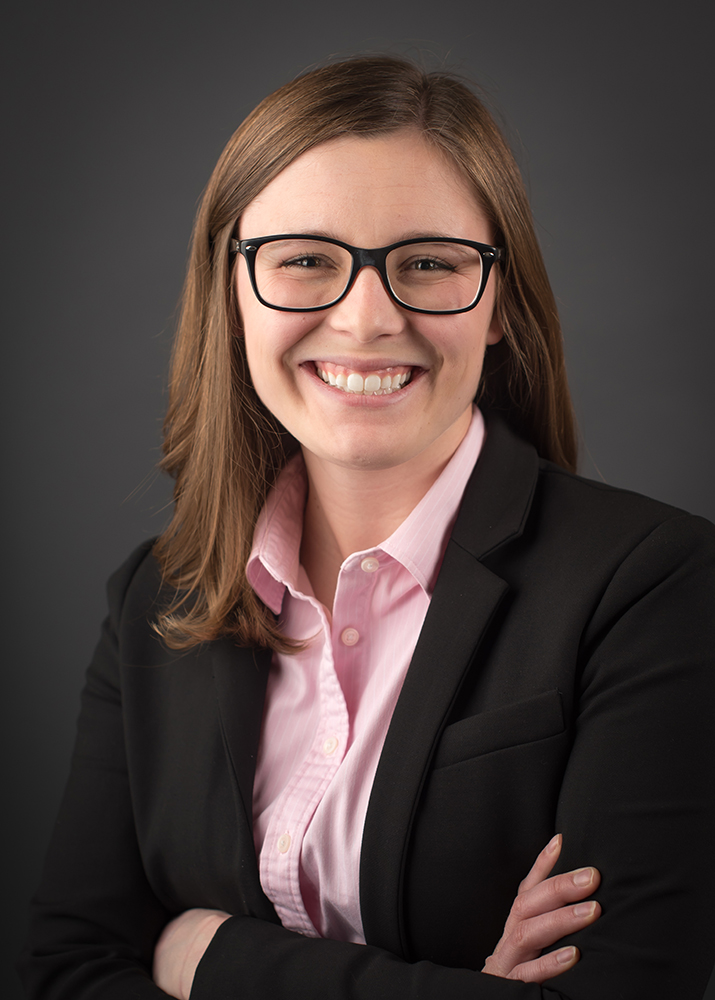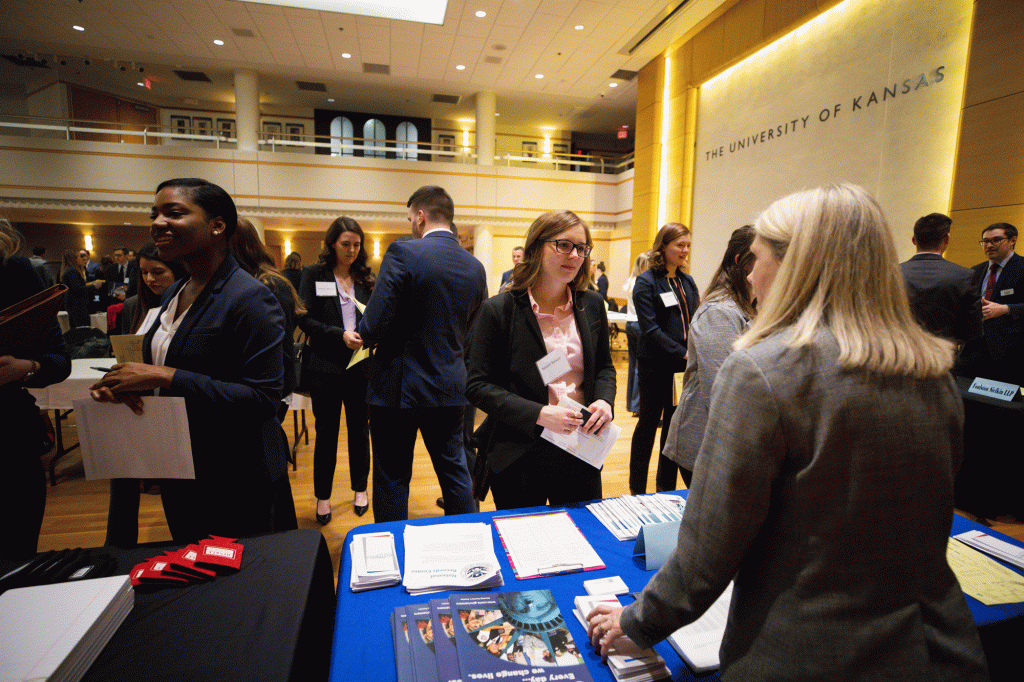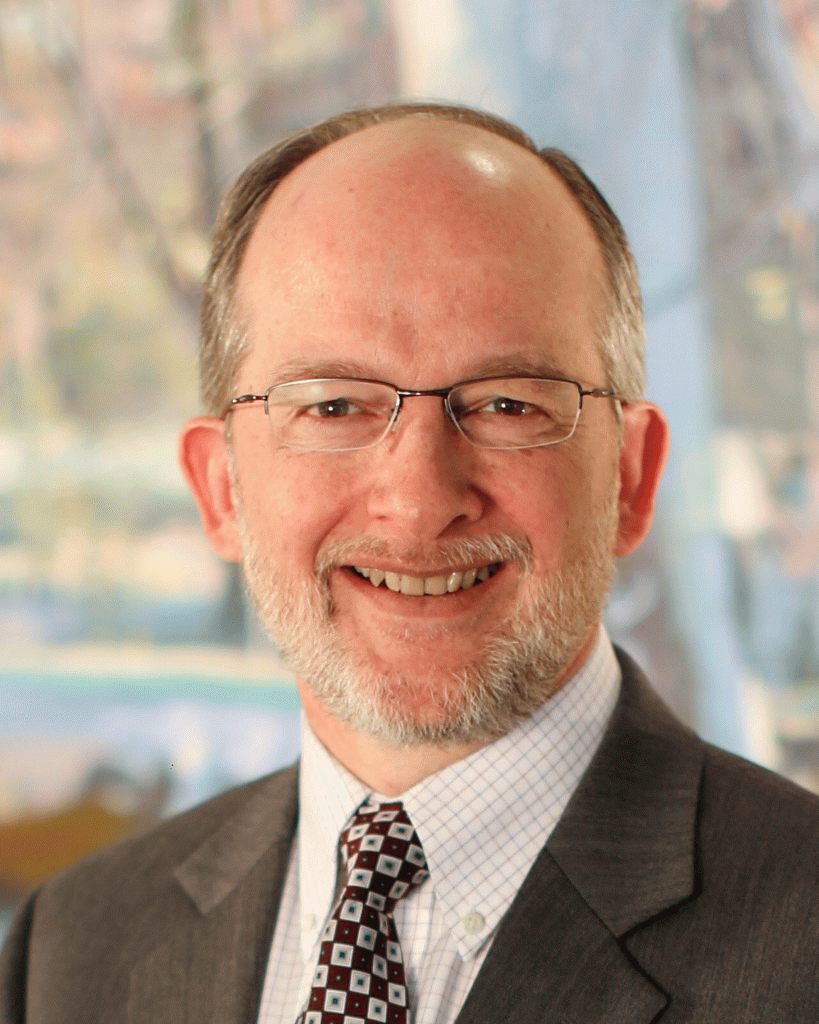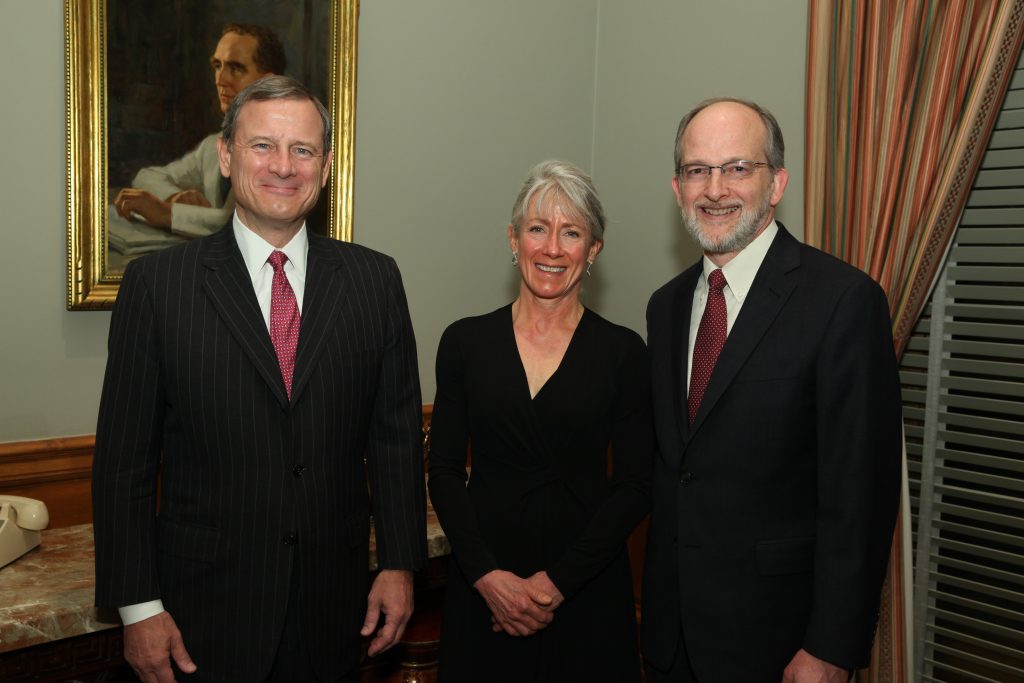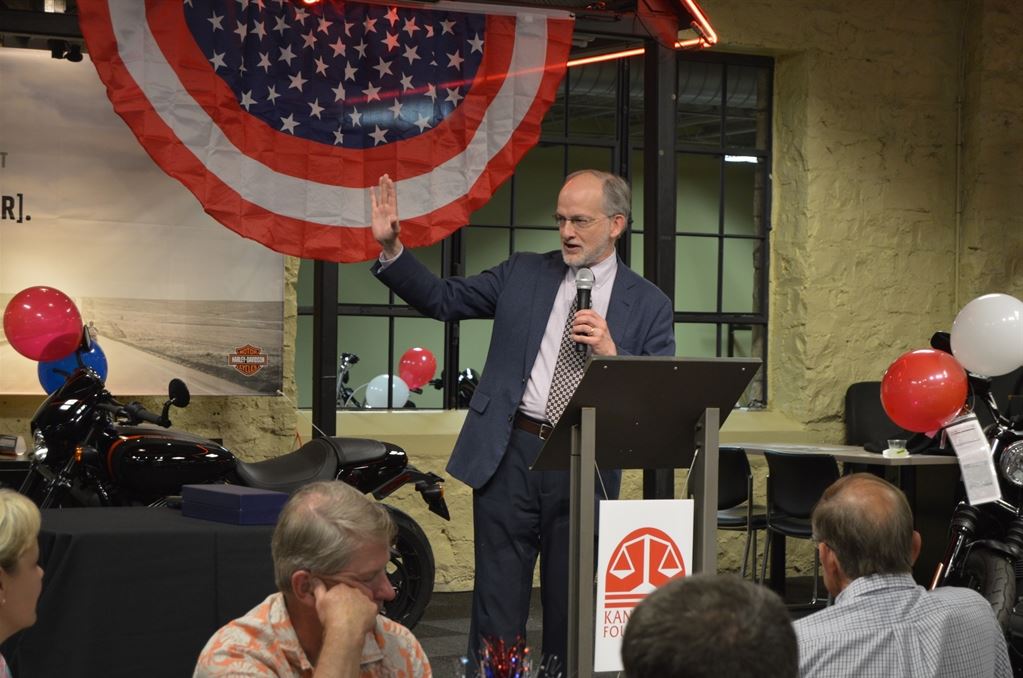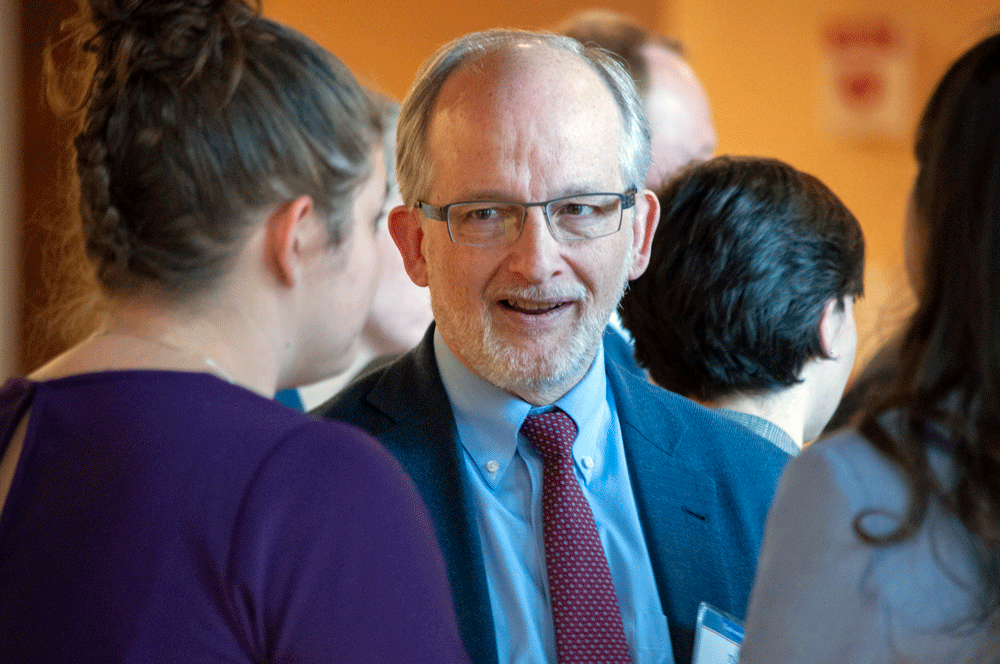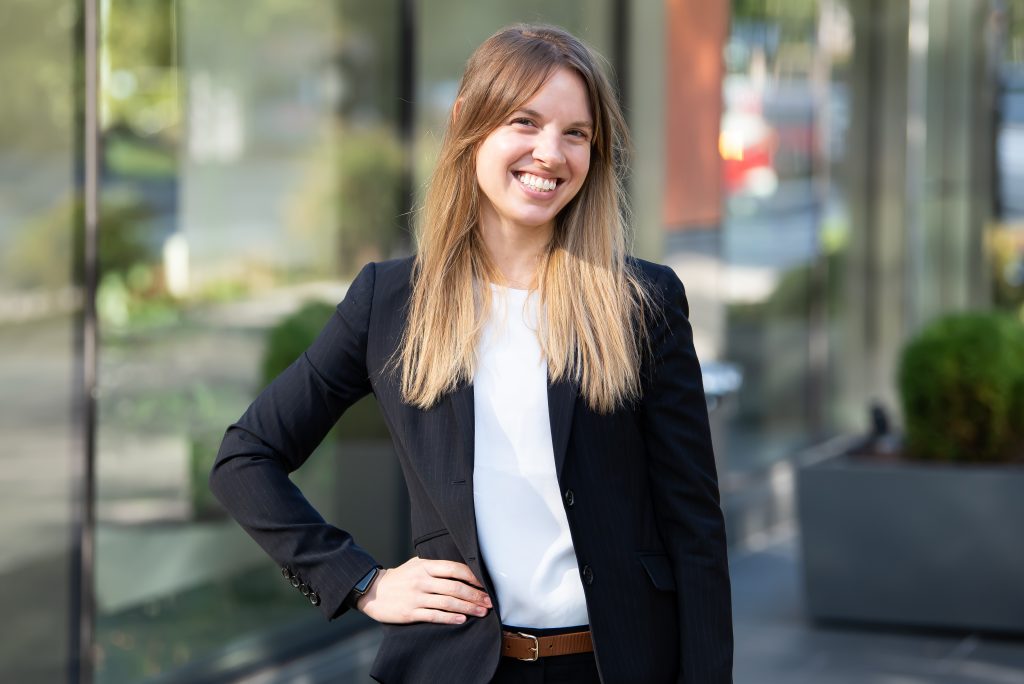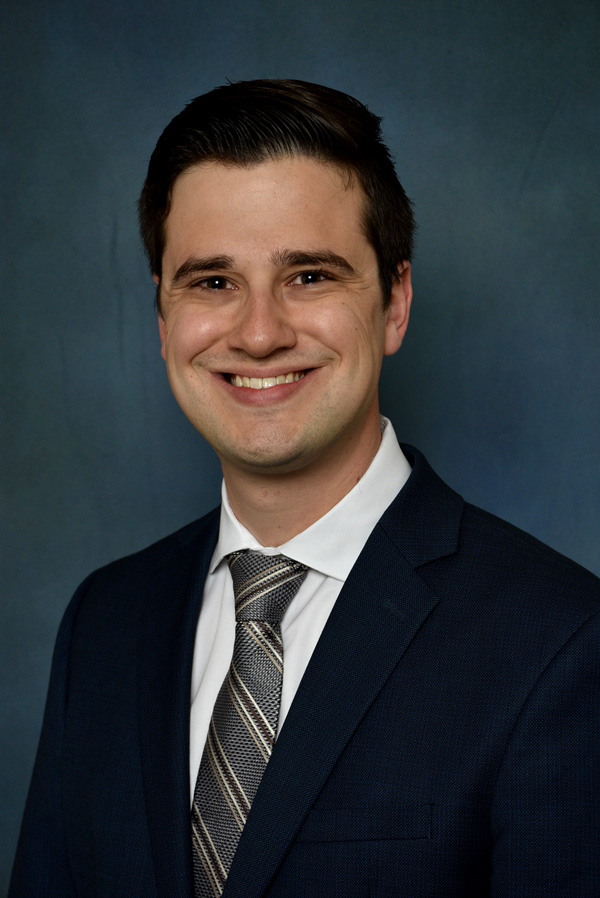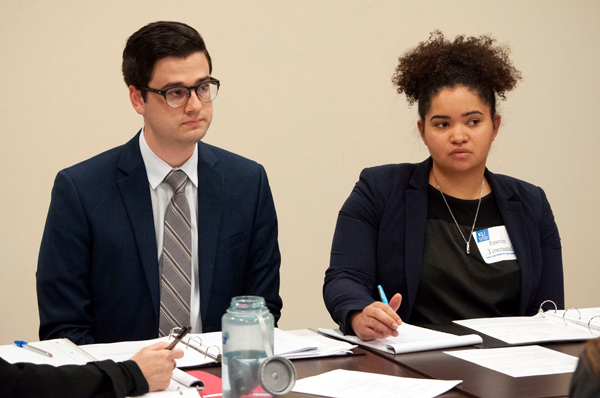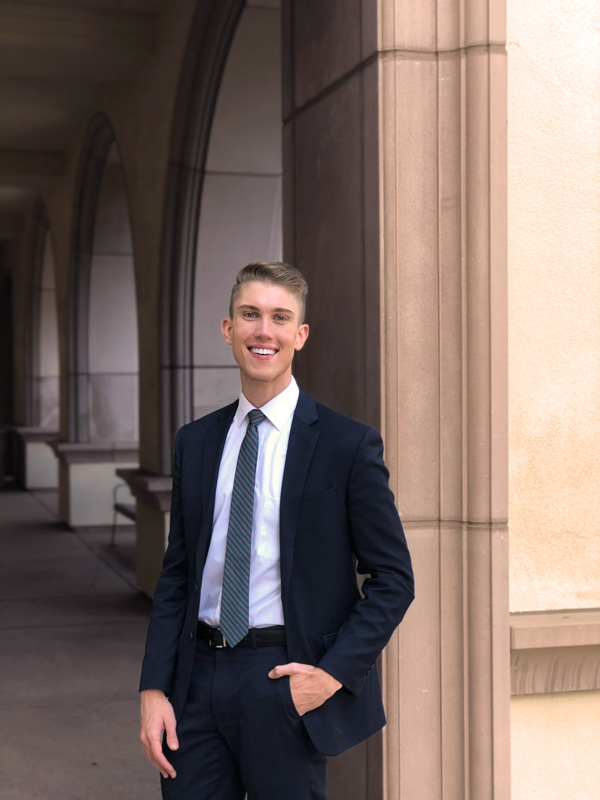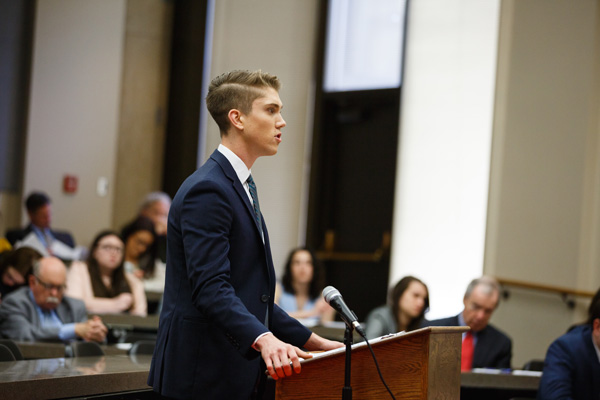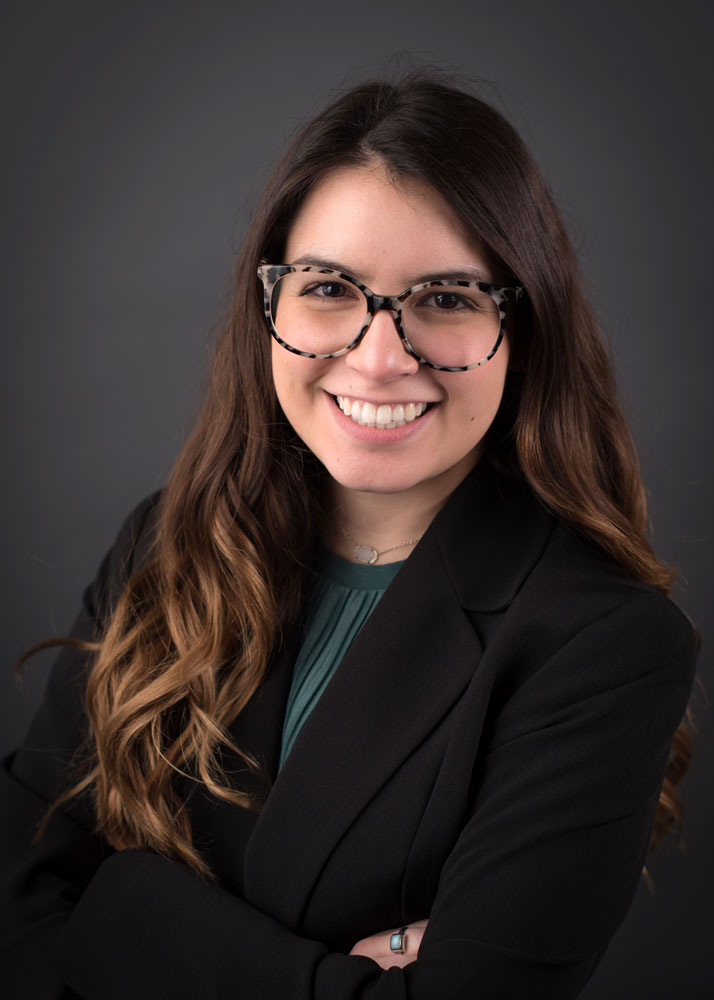
This summer, I had the great opportunity to intern for the Kansas Legal Services (KLS) in their Wichita, Kansas office. KLS is a non-profit organization that gives legal aid to the most vulnerable Kansans. Since you can only receive a court-appointed attorney for criminal cases, the KLS organization provides legal aid for a vast array of civil cases.
At KLS, I interned under Danielle Saunders and focused primarily on domestic, family, juvenile, adoption and social security legal issues. During my time at KLS, I was able to participate in the weekly Protection From Abuse (PFA) docket, attend virtual and in-person court hearings, draft and edit legal documents, communicate with clients, and strengthen my research and writing skills. In addition, toward the end of my internship my time was mainly spent on assisting with the upcoming 3-day trial in August. Preparation for trial involved drafting and sending interrogatories, creating deposition notebooks, attending depositions, issuing business record subpoenas, attending the mandatory settlement conference, attending the pretrial conference hearing, creating trial notebooks, creating demonstrative exhibits for trial, and attending the trial from start to finish. This trial not only gave me an opportunity to see civil procedure applied, but also gave me a firsthand look at issues of evidence and criminal procedure, classes I will take this coming fall. Overall, my internship was packed with lots of learning and applying my 1L legal knowledge and research skills towards cases.
Before this summer, I was not sure what type of law I wanted to practice. But this internship revealed to me that my passion rests in advocating for those who feel voiceless and striving to give them the justice they deserve. Particularly, I am interested in pursuing a career in family law with a focus on domestic and sexual assault victims because I loved working on cases where I felt I was really making a difference.
Lastly, this internship definitely taught me valuable professional skills and life lessons that will help me going forward. One of the professional skills being that organization is key to having a balanced work-life schedule. If you have an organized plan for each case, you are far less likely to feel overwhelmed with your cases. Another professional skill being that kindness towards clerks, attorneys, judges, and clients in this profession can make a world of difference and will never be forgotten. One life lesson gained is to celebrate the small victories, because in the end they all contribute to the big victories!
— By 2L Natasha Veenis
